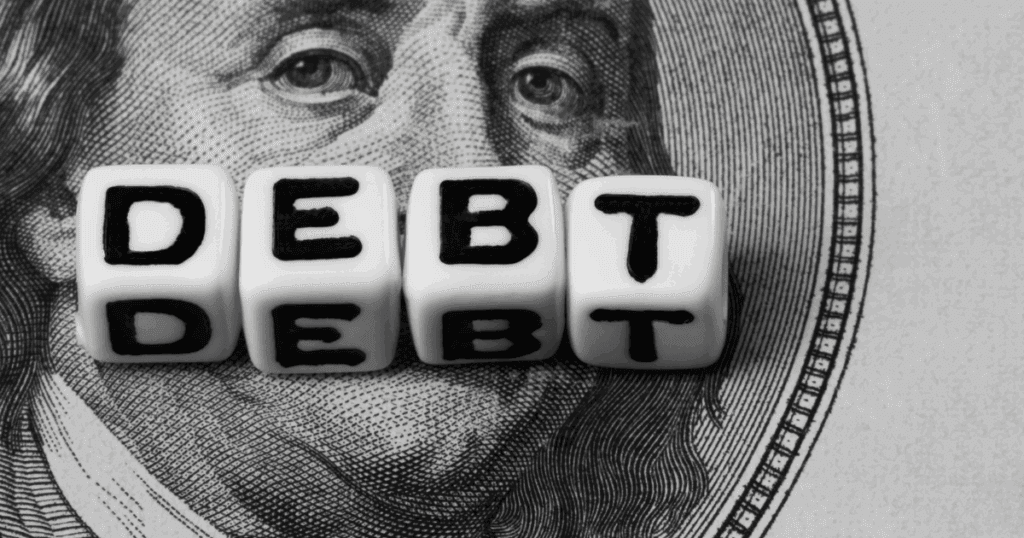
Have you ever found yourself contemplating whether you should allocate your next paycheck towards saving or paying off debt? This question is one that many of us wrestle with, especially when juggling multiple financial priorities. During my personal finance journey, I’ve encountered numerous crossroads where the decisions seemed to have lasting implications on my financial health. While there isn’t a one-size-fits-all answer, exploring the nuances can illuminate the path to financial peace.
Understanding Your Financial Landscape
To navigate the saving versus paying off debt conundrum, it’s essential to first grasp your current financial situation. Before making any decisions, take the time to evaluate your income, expenses, debts, and savings. Knowing where you stand financially can provide the clarity needed to make informed decisions.
| Aspect | Description | Action Needed |
|---|---|---|
| Income | Total earnings per month | Review payslips |
| Expenses | Essential and non-essential spending | Create a budget |
| Debts | Amounts owed and interest rates | List all debts |
| Savings | Emergency and other savings | Assess current status |
The Emotional and Financial Toll of Debt
Debt can be a significant emotional burden, affecting mental health and overall well-being. High-interest debts, particularly credit card debts, can feel like a ball and chain, with the interest accumulating faster than you can pay off. Seeing that balance decrease or disappear can be a huge relief, making a strong case for prioritizing debt repayment.
Despite the stress, not all debt is detrimental. Some loans, like mortgages or student loans, can be considered “good debt” if they offer benefits like tax advantages or investment in your future. Therefore, differentiating between high-interest and manageable debt is crucial.
“The quickest way to double your money is to fold it in half and put it in your back pocket.” – Will Rogers
The Importance of an Emergency Fund

One of the first savings goals should be establishing an emergency fund if you don’t have one. Having at least three to six months’ worth of living expenses set aside can act as a financial cushion, covering unexpected costs like car repairs or medical bills without the need for high-interest borrowing. An emergency fund is a critical component of financial stability, giving you peace of mind as you navigate life’s uncertainties.
Building this fund should generally take precedence over aggressively paying down debt, but it doesn’t necessarily mean halting debt payments entirely. The key is balance.
Navigating Interest Rates
Interest rates can heavily influence whether saving or paying off debt is the better option. High-interest debts, such as credit cards, typically have rates much higher than the returns on most savings accounts. Paying down these debts can often save more money in interest payments than you’d earn through saving.
1- High-interest debt (>10%): Prioritize paying it down quickly.
2- Moderate interest debt (5-10%): Balance savings and repayments.
3- Low-interest debt (<5%): Consider saving while making minimum payments. Instead, if you’re dealing with lower-interest debt, the opportunity cost of paying it off versus earning a return on investments could make saving more appealing.
Long-term Financial Goals and Plans

Another factor to consider is your long-term financial goals. Are you planning to buy a home, start a family, or retire early? These objectives might require substantial savings, and delaying them in favor of debt repayment could set you back. Weighing how each decision will impact your long-term aspirations is crucial.
Assessment of short-term emergencies versus long-term goals is paramount. Sometimes, focusing on building wealth aligns more closely with your future needs, and saving becomes the strategy that supports your aspirations.
Balancing Saving, Investing, and Debt Repayment
In some cases, a hybrid approach might be the most practical. Allocating a portion of your income to both savings and debt repayment can strike a balance between reducing your financial liabilities and securing a safety net for the future. This strategy can be especially effective if you hold debt with varying interest rates or have multiple financial goals.
Consider automating these transactions to ensure consistent contributions to both your savings and debt payments, embracing the power of compound interest in both scenarios.
Utilizing Additional Income
Extra income, like bonuses or side hustles, can be a golden opportunity to address the saving versus debt dilemma. This windfall can be strategically directed to either pay down substantial chunks of debt or boost savings significantly, providing a financial springboard.
Reviewing your financial goals with this influx of cash can offer a fresh perspective and might even motivate a more aggressive approach to one strategy over the other.
Psychological Impact and Motivation
Sometimes the decision comes down to psychology. Some people sleep better at night knowing they have a financial cushion in savings, while others are motivated by watching their debts diminish. Understanding your financial psychology can guide you to the decision that not only makes sense mathematically but also resonates with you emotionally.
Being in touch with how you perceive money can drastically affect your financial decisions and provide the inner motivation required to stick with your plan, ensuring its success.
FAQ
Should I always pay off high-interest debt first?
Generally, yes. High-interest debt accumulates quickly, costing more over time than you might earn in savings.
How much should I have in an emergency fund?
Aim for three to six months of living expenses; this provides a buffer for unforeseen costs without debt reliance.
Can I save while paying off debt?
Yes, a balanced approach is often ideal. Allocate funds for minimum debt payments while building savings.
What about investing while in debt?
Investing can be beneficial if your debt’s interest rate is lower than potential investment returns. Prioritize accordingly.
Is all debt bad?
No, not all debts are detrimental. Mortgages or student loans can offer future benefits, including tax advantages.
How can additional income help in this decision?
Extra income like bonuses can accelerate debt payments or bolster savings, offering flexibility and speed in reaching financial goals.
Conclusion
Ultimately, the decision to save or pay off debt first is a personal one, heavily influenced by individual circumstances, interest rates, and personal preferences. The key is to assess all factors, including potential risks and rewards, while remaining flexible to adjust your strategy as your situation evolves. By maintaining a balance and prioritizing both short-term stability and long-term aspirations, you equip yourself with the financial resilience to weather life’s uncertainties while building a secure future.












